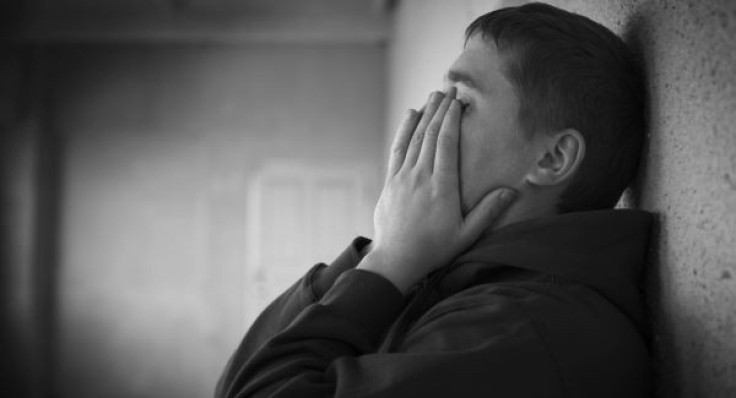Psychedelic drug use could be key to battling depression

Users of psychedelic drugs could be less prone to psychological distress and suicidal tendencies, a study has claimed.
Research from Johns Hopkins and the University of Alabama at Birmingham shows that a lifetime use of some psychedelic drugs, such as LSD, reduce the likelihood of psychological distress within the past month by 19%. Over 12 months, the suicidal thoughts are reduced by 14%, the likelihood of planning suicide by 29%, and attempted suicide by 36%.
The results of the study indicate that psychedelic drugs may go some way towards battling depression.
While not condoning illicit drug use, Matthew W. Johnson, Ph.D., an associate professor of psychiatry and behavioural sciences at Johns Hopkins, says that "these could be breakthrough medical treatments that we've been ignoring for the past 30 years. We need to carefully examine these cautiously and thoroughly."
To reach this conclusion, the researchers garnered five years' worth of data from the National Survey on Drug Use and Health and examined the use of non-addictive psychedelic drugs and suicidal tendencies.
It found that of the 191,382 respondents, over 27,000 of them claimed to have been lifetime users of one or more psychedelics.
Some 12,657 reported psychological distress within the past month, ten and a half thousand said that they had thought about suicide in the past year, 3,157 said that they had planned suicide in the past year and 1,716 claimed to have attempted suicide in the past year.
Analysing these results and looking at mitigating factors such as age, gender, income, education and other drug use, they determined that psychedelic users had fewer suicidal tendencies.
"Our general societal impression of these drugs is they make people go crazy or are associated with psychological harm, but our data point to the potential psychological benefits from these drugs," said Johnson.
© Copyright IBTimes 2024. All rights reserved.







